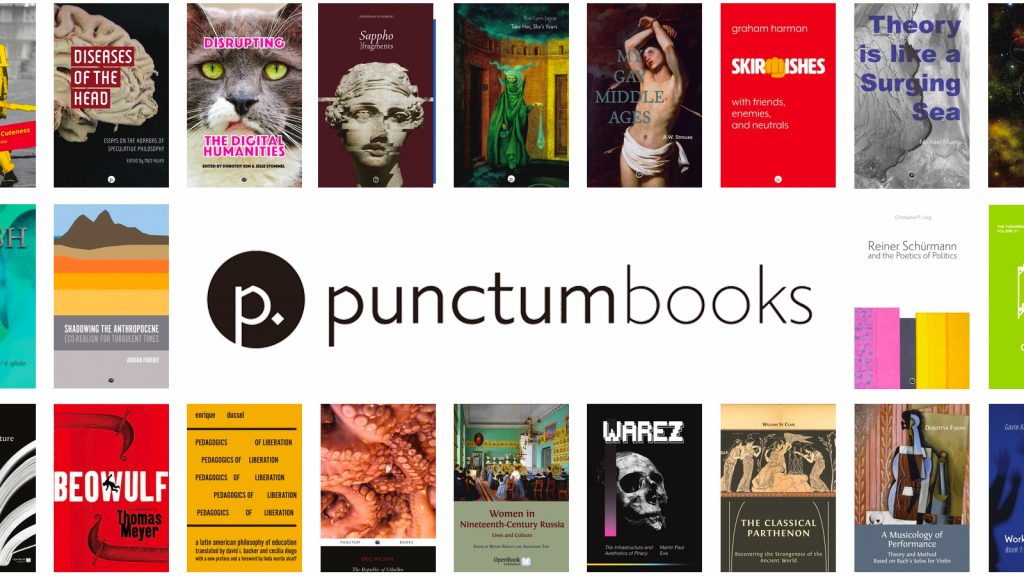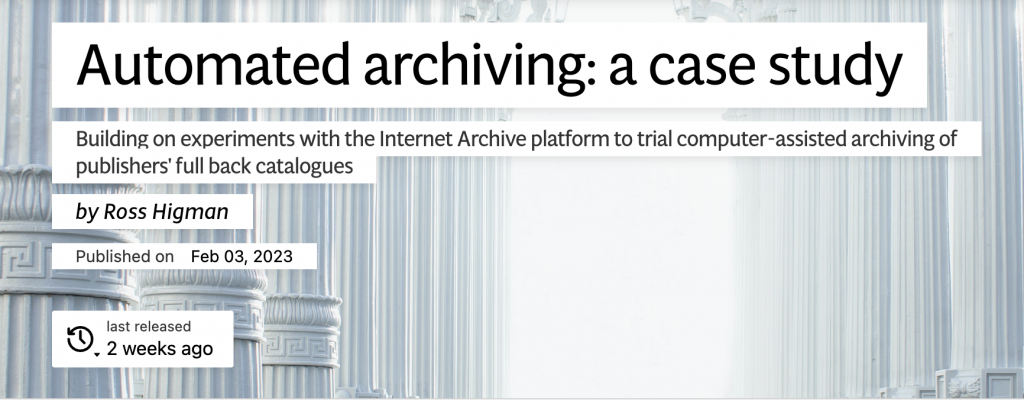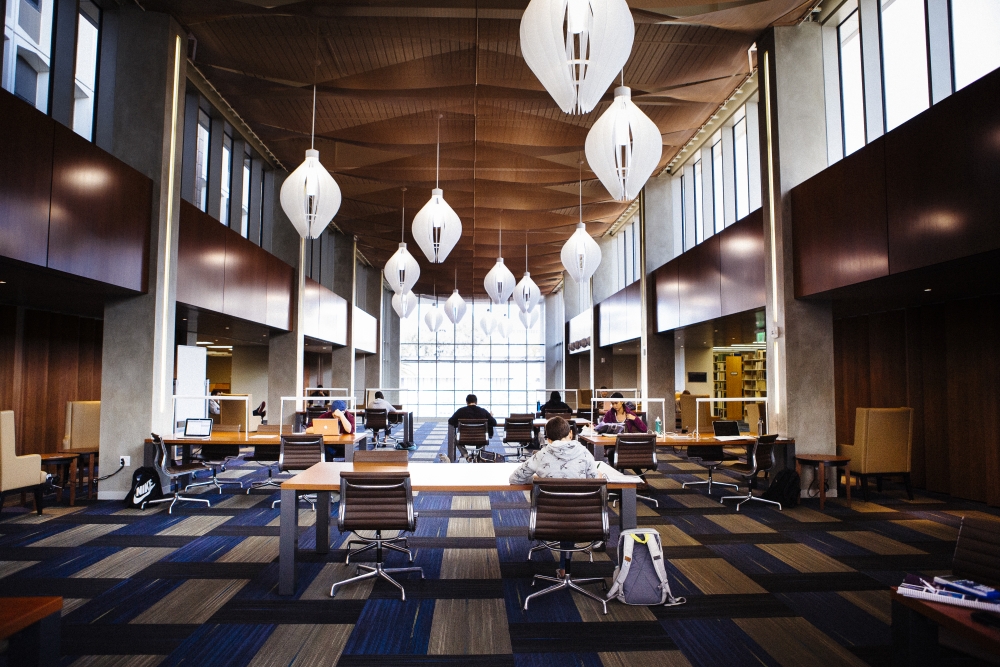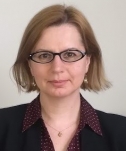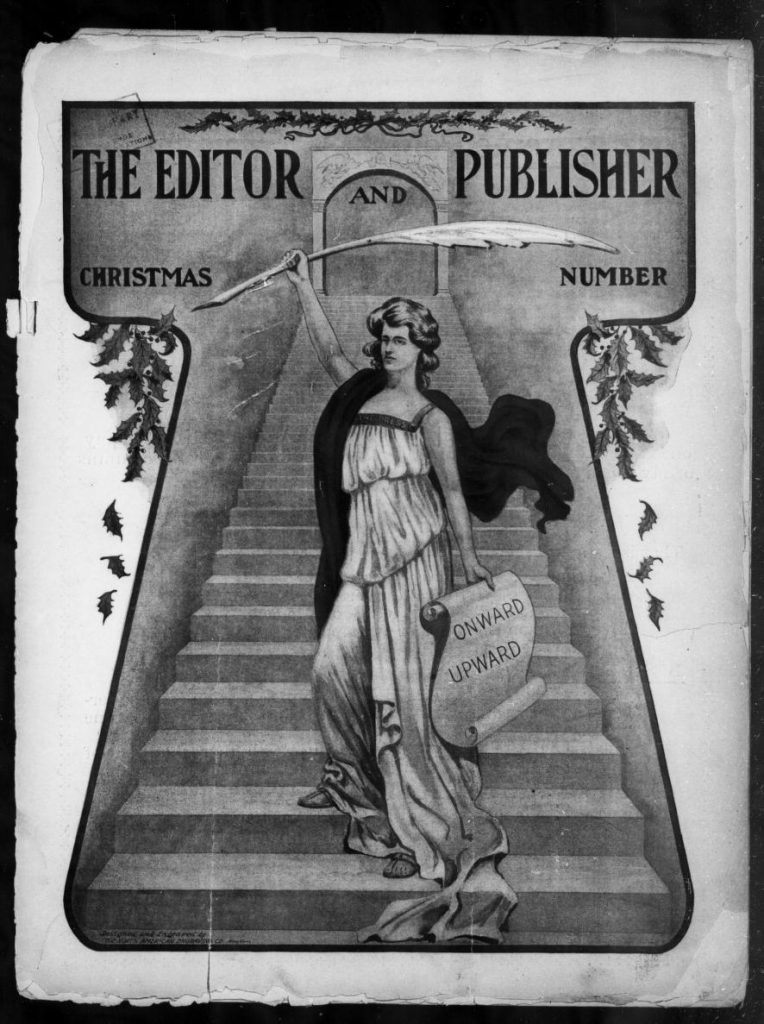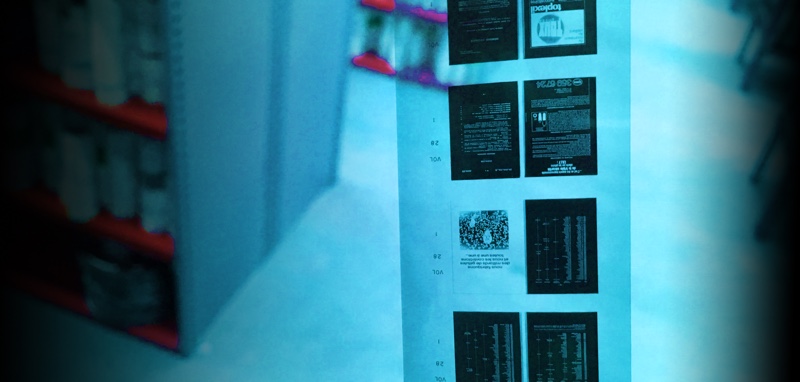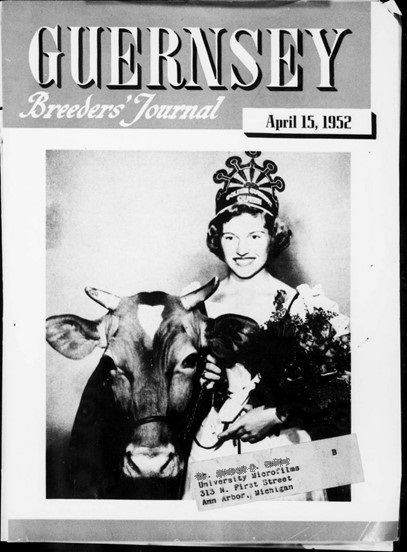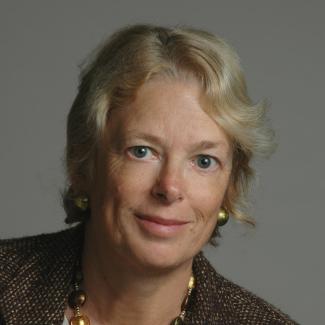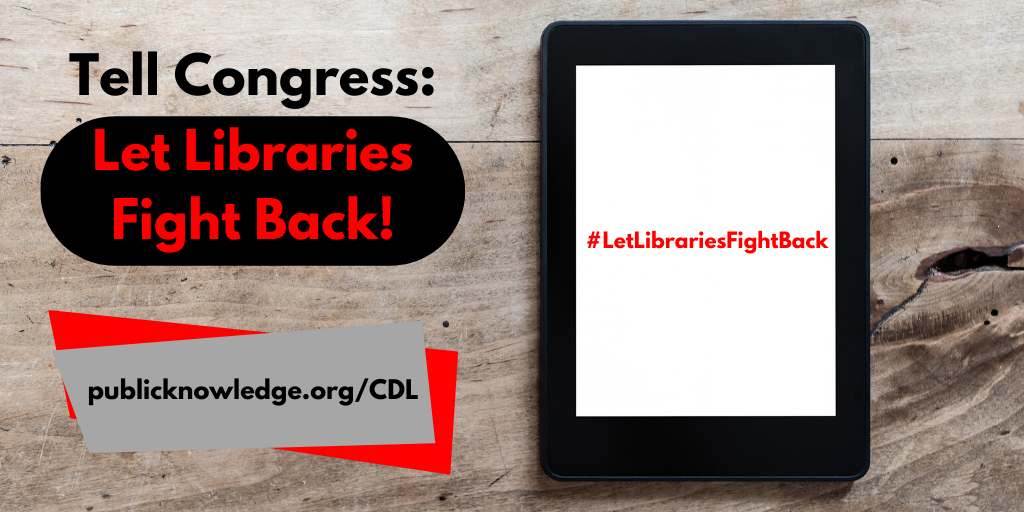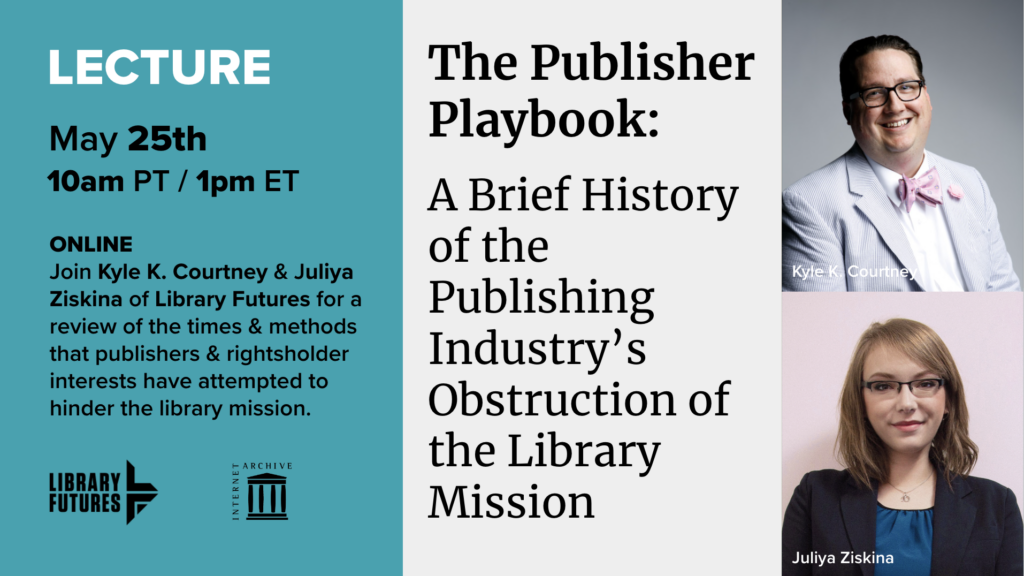
Join Kyle K. Courtney & Juliya Ziskina of Library Futures for a review of how publisher interests have attempted to hinder the library mission.
Watch recording:
FROM THE ABSTRACT: Libraries have continuously evolved their ability to provide access to collections in innovative ways. Many of these advancements in access, however, were not achieved without overcoming serious resistance and obstruction from the rightsholder and publishing industry. The struggle to maintain the library’s access-based mission and serve the public interest began as early as the late 1800s and continues through today. We call these tactics the “publishers’ playbook.” Libraries and their readers have routinely engaged in lengthy battles to defend the ability for libraries to fulfill their mission and serve the public good. The following is a brief review of the times and methods that publishers and rightsholder interests have attempted to hinder the library mission. This pattern of conduct, as reflected in ongoing controlled digital lending litigation, is not unexpected and belies a historical playbook on the part of publishers and rightsholders to maximize their own profits and control over the public’s informational needs. Thankfully, as outlined in this paper, Congress and the courts have historically upheld libraries’ attempts to expand access to information for the public’s benefit.
Read the full article, “The Publisher Playbook: A Brief History of the Publishing Industry’s Obstruction of the Library Mission.”
ABOUT THE AUTHORS
KYLE K. COURTNEY is a lawyer and librarian dedicated to issues surrounding copyright, access, and preservation. He serves as Copyright Advisor and Program Manager at the Harvard Library Office for Scholarly Communication. His “Copyright First Responders” initiative is in its seventh year, spreading from Harvard to libraries, archives, and other cultural institutions in Alaska, Arizona, California, Colorado, Massachusetts, Oregon, Rhode Island, Washington, and soon, internationally. He is the co-author of the White Paper on Controlled Digital Lending of Library Books (with David Hansen). He serves as an Advisor to ALI, helping to draft the first Restatement of Copyright. He co-founded Fair Use Week, now an international celebration sponsored annually by over 100+ universities, libraries, and other institutions, and won a Knight Foundation Grant to test technology for crowdsourcing copyright and fair use decisions. He also currently maintains a dual appointment at Northeastern University: teaching “Cyberlaw: Privacy, Ethics, and Digital Rights” for the interdisciplinary Information Assurance and Cybersecurity program at the Khoury College of Computer Science and teaching both “Legal Research and Writing for LLM’s” and the “Advanced Legal Writing Workshop” at the Northeastern University School of Law. He holds a J.D. with distinction in Intellectual Property Law and an MSLIS. He is a published author and nationally recognized speaker on the topic of copyright, technology, libraries, and the law. His blog is at http://kylecourtney.com and he can be found on Twitter @KyleKCourtney.
JULIYA ZISKINA is an attorney, artist, photographer, and open access advocate based out of Brooklyn, New York. A forever curious jack-of-all-trades, she believes strongly in a vibrant, collaborative global commons. She completed her JD at the University of Washington in Seattle and served as a graduate student representative on the Faculty Council on University Libraries. As a law student, Juliya co-founded an initiative for an institutional open access policy at the University of Washington, which was successful as of June 2018. Previously, she advocated for the Fair Access to Science and Technology Research Act (FASTR) in Washington, DC with the Student Advocates for Graduate Education, representing over 150,000 graduate students. In 2015, she attended OpenCon in Brussels, Belgium, where she co-led a workshop on grassroots mobilization. Later that year, she presented on a panel at the American Libraries Association Annual Conference on advancing open access through library partnerships with students and early career researchers. A lifelong grassroots rabble-rouser, she started her career by co-founding an underground student newspaper at her high school that was acclaimed by the American Civil Liberties Union and the Student Press Law Center. Juliya’s work has strengthened her belief in the importance of the free flow of information and the human side of the law.
LECTURE: THE PUBLISHER PLAYBOOK
Thursday, May 25 @ 10am PT / 1pm ET
Watch the session recording
